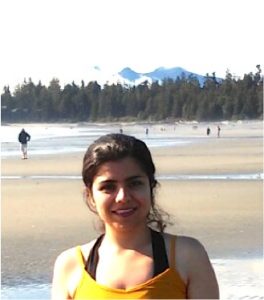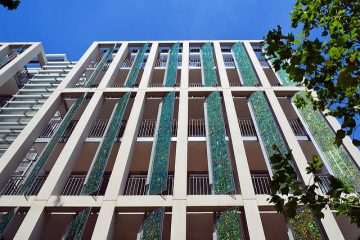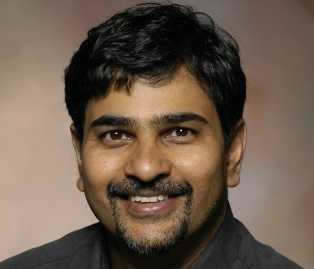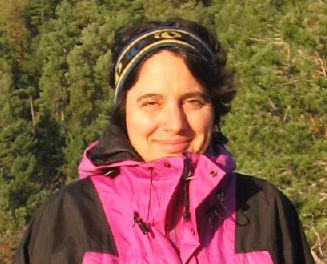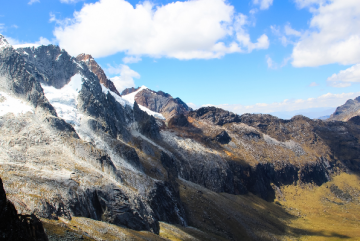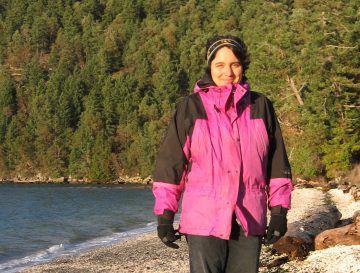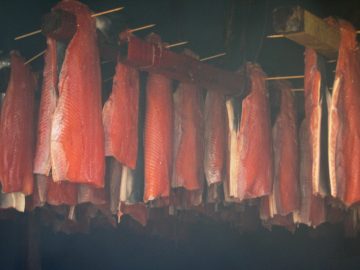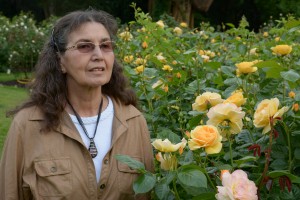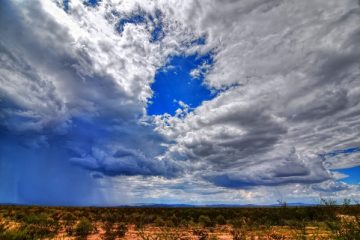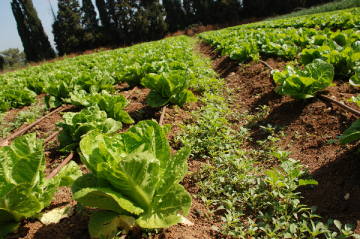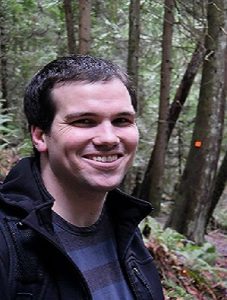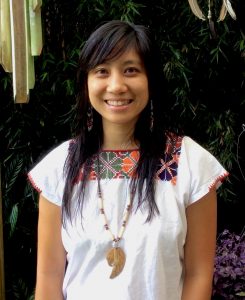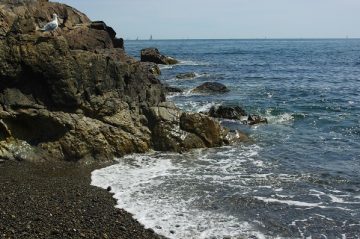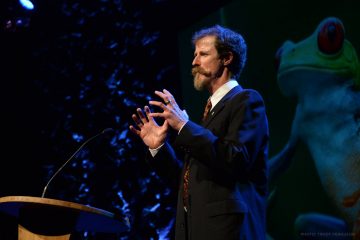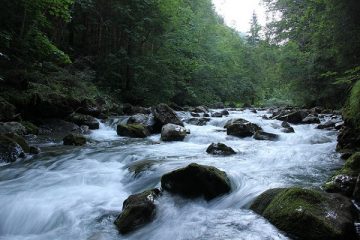IRES Seminar Series
Time: 12:30pm to 1:30pm (every Thursday)
Location: AERL Theatre (room 120), 2202 Main Mall
***************************************************************************
What 40 Years of Science Tell Us about Organic Agriculture
Regents Professor of Soil Science & Agroecology
Washington State University
Abstract: Organic agriculture has a history of being contentious and is considered by some as an inefficient approach to food production. Yet organic foods and beverages are a rapidly growing market segment in the global food industry. Here, I discuss the performance of organic farming in light of four key sustainability metrics: productivity, environmental impact, economic viability, and social wellbeing. Organic farming systems produce lower yields compared with conventional agriculture. However, they are more profitable and environmentally friendly, and deliver equally or more nutritious foods that contain less (or no) pesticide residues, compared with conventional farming. Although organic agriculture has an untapped potential role to play in establishing sustainable farming systems, no single approach will safely feed the planet. Rather, a blend of organic and other innovative farming systems is needed for global food and ecosystem security.
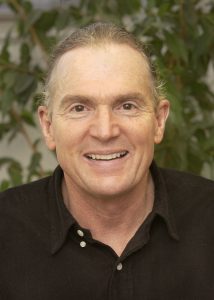
Bio: Dr. John Reganold has shaped his career by his interest in agriculture and soil science, receiving his Ph.D. in Soil Science from the University of California at Davis. He is currently Regents Professor of Soil Science and Agroecology at Washington State University. He has spent 30-plus years bringing a blend of innovative research and teaching on sustainable farming systems into the mainstream of higher education and food production. Dr. Reganold has close to 200 publications in scientific journals, magazines, and proceedings, including Science, Nature, and Scientific American. His former students are on the front lines of sustainability around the world, bringing food security to sub-Saharan Africa for the U.S. Agency for International Development, adapting quinoa to the salty soils of Utah, working on agroecology for Pacific Foods in Tualatin, Oregon, and turning wastes into resources in Haiti.
John is also speaking at UBC Green College on Wednesday, October 18. Click here for more information.
_____________________________________________________________________________________________________________________________________
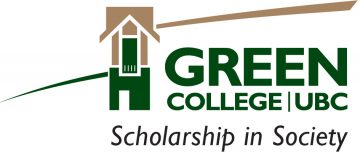

New this year: With humanity’s creation of a new geological era marked by dominant human influences on planetary processes, the Anthropocene seems to offer little hope.
And yet, the same ingenuity that enables human domination over the Earth also allows a certain genius in addressing the many rising environmental and sustainability challenges.
Hope in the Anthropocene will showcase such inspirations and solutions in tackling climate change, harnessing energy, feeding humanity, governing states, and meeting our collective water and sanitation needs all while respecting Indigenous peoples and protecting nature and its benefits for people.
A collaboration between Green College and the Institute for Resources, Environment and Sustainability at the University of British Columbia, Hope in the Anthropocene will feature 6 accomplished speakers from around the world presenting in the IRES Seminar Series.
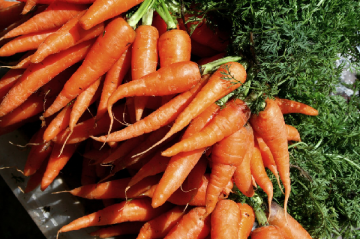
Photo Credit: Ashwin Kamath from flickr/ Creative Commons
